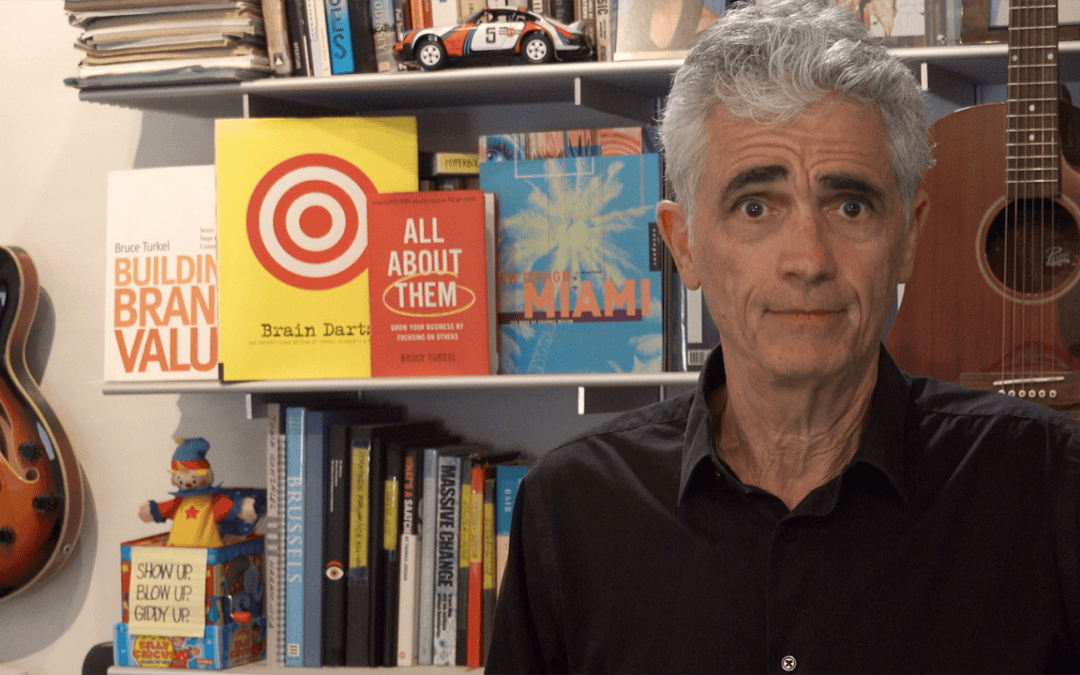Click HERE to watch:
Strategy versus Tactics: The Secret Behind Success in Branding and Messaging.
Why Great Writing, Messaging, and Storytelling Matter More Than Performance
Thanks to Strategy versus Tactics, Writing Is Everything.
Did You Watch SNL’s 50th Anniversary Special?
If you did, you saw a parade of legendary performers: Eddie Murphy, Tina Fey, Kristen Wiig, Chevy Chase, Will Farrell, and dozens more took the stage, reminding us why we fell in love with their characters and comedic timing in the first place.
But do you remember the writers? Steve Martin introduced them as “the heart and soul” of the show. But if you blinked, you might have missed them because instead of honoring them with the same reverence as the comedians and musicians, they were left outside the theater, standing in the rain.
Strategy versus Tactics: The Writers Are the Real Stars
The joke, of course, was that the stars shine while the writers stay in the background. But here’s the truth: without their great writing, there would be no great performances.
But First, a Story:
Years ago, I worked with a client who had been branding their company around a single charismatic sports personality. If I shared their name, you would certainly recognize him. My client poured all their resources into perfecting his presence, voice, and delivery. But they didn’t get traction. Their numbers weren’t growing because their marketing wasn’t converting to sales.
The Strategy versus Tactics Mistake That Can Kill Your Brand
When I dug into their strategy, the problem became clear. They were so focused on the performance that they neglected the strategy versus tactics distinction. They had a renowned speaker but no compelling story. Their advertising was polished but lacked substance. Once we refocused on crafting a clear, consistent message, one that resonated with their audience, their fortunes changed almost overnight.
Shakespeare Knew It, and So Should You
Are you familiar with Shakespeare’s King Lear? Plenty of actors have played the tormented regent brilliantly: Sir Anthony Hopkins, Sir Laurence Olivier, Sir Ian McKellen, James Earl Jones, Glenda Jackson, Kenneth Branagh, and countless others. But only Shakespeare wrote King Lear. The performances might be unforgettable, butthe genius behind them lies in the words. Shakespeare understood the difference between strategy versus tactics: the words are the strategy, and the performance is the tactic.
Need more proof? Lots of performers have built their careers by being able to add instinctive dialog to their roles. Bill Murray improvised his character’s “Cinderella Story” in Caddyshack. Robert de Niro came up with his “You talkin’ to me?” mirror monologue in Taxi Driver. Jack Nicholson improvised “Here’s Johnny!” in The Shining. And Robin Williams ad-libbed almost all of the Genie’s lines in Aladdin.
But no one wings it when they’re playing Shakespeare.
The same is true for your business, your brand, and your career. The story you tell, the messaging you craft, and the writing that supports your strategy are what truly create success. It’s not just about being seen. It’s about being heard and understood.
Make Sure Your Message is as Strong as Your Performance
Too many people confuse strategy versus tactics in their branding and messaging and focus on the delivery while forgetting about the foundation. But if you don’t get your messaging right first, all the performance in the world won’t make a difference. Whether you’re pitching a product, leading a company, or building a personal brand, your success hinges on the clarity and strength of your writing.
Want to dive deeper into storytelling, branding, and messaging?
Want to dive deeper into how storytelling, branding, and messaging can transform your business? I keynote at conferences worldwide, and I still have a few dates open in 2025. Let’s work together to make sure your message isn’t just heard, it’s remembered and acted on.


I recently listened to an interview with Pat Metheny… his narrative was somewhat similar. He described his work (improv jazz) as a story that needs to be shared… and that music was the language allowing him to communicate it. What you are saying is similar… the strategy and tactics are somewhat dovetailed yet without the strategy (story in Pats idea) the tactics are just a bunch of random notes.
Interesting, Lindsay. I’m reading a book on improvisation called “Effortless Mastery.” It also says something similar about musicians who complain of playing well but not getting any feeling across. The author suggests that we get in the way of our own stories. Perhaps the comparison between music and strategy/tactics will be the foundation of another post soon… hmmmm?
Thank you! I’d love to listen to that interview if you have a link Lindsay.
I sent the interview as a fb message Bruce
This is so true, great examples Bruce!
Bruce, I always learn so much from you. This one is interesting because I am all about Story, Experience & How to weave them into and through a project. BUT. backwards here; I am not credited with Story. People want me to be a Designer – which I am – But wish to “weave” my career into that of Story — of ANY project. What would you suggest?
WOW! Great essay, Bruce!
Thank You Charlie.
Hooray for the writers of the world!
Definitely one of your best video blogs!
Thank You Phoebe!